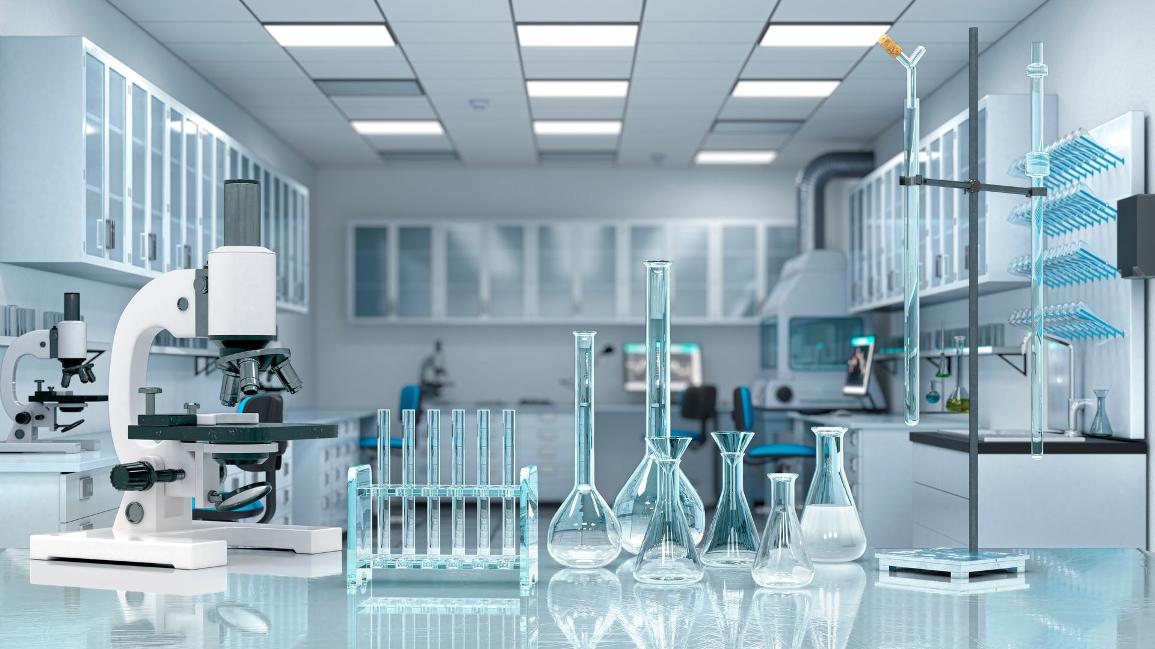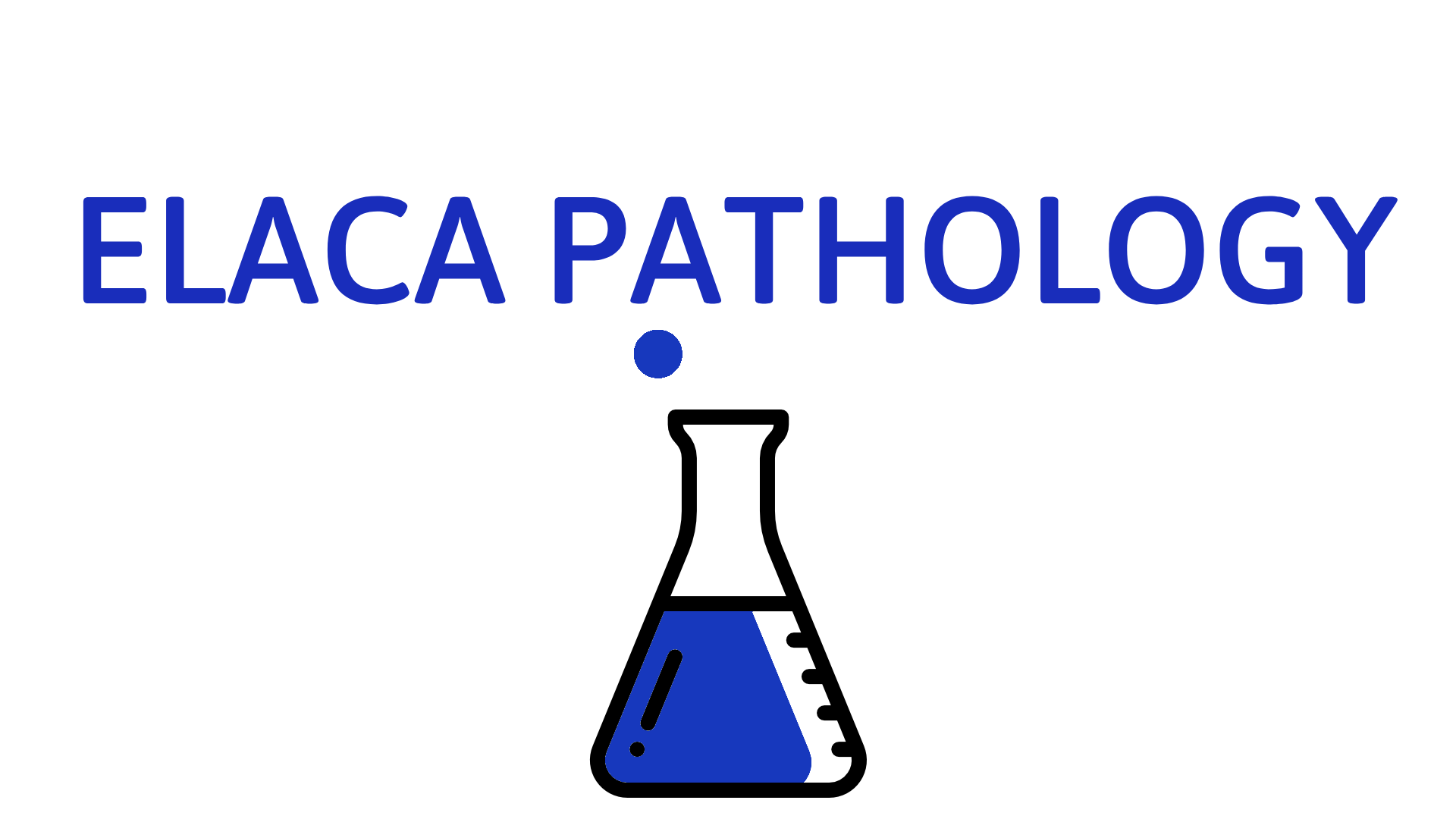 Welcome to our Clinical Chemistry section — the foundation of modern diagnostic testing. Clinical chemistry is a branch of laboratory medicine that uses chemical processes to measure levels of substances in body fluids, mainly blood and urine, to assess a person’s health and detect disease.
Welcome to our Clinical Chemistry section — the foundation of modern diagnostic testing. Clinical chemistry is a branch of laboratory medicine that uses chemical processes to measure levels of substances in body fluids, mainly blood and urine, to assess a person’s health and detect disease.
What Is Clinical Chemistry?
Clinical chemistry, also known as chemical pathology, involves the analysis of blood, urine, and other bodily fluids to diagnose, monitor, and prevent diseases. These tests play a critical role in:
-
Evaluating organ function
-
Monitoring chronic conditions like diabetes and kidney disease
-
Identifying metabolic imbalances
-
Supporting routine health screenings
🧫 Common Clinical Chemistry Tests We Offer
Our laboratory offers a comprehensive range of clinical chemistry tests, including:
✅ Liver Function Tests (LFTs)
Assesses the health of your liver by measuring enzymes, proteins, and bilirubin levels.
-
ALT (Alanine Transaminase)
-
AST (Aspartate Transaminase)
-
ALP (Alkaline Phosphatase)
-
GGT (Gamma-Glutamyl Transferase)
-
Bilirubin (Total & Direct)
-
Albumin and Total Protein
✅ Renal (Kidney) Function Tests
Checks how effectively your kidneys remove waste and balance electrolytes.
-
Urea
-
Creatinine
-
Electrolytes: Sodium, Potassium, Chloride, Bicarbonate
-
eGFR (Estimated Glomerular Filtration Rate)
✅ Blood Glucose Monitoring
Vital for diagnosing and managing diabetes.
-
Fasting Blood Sugar (FBS)
-
Random Blood Sugar (RBS)
-
HbA1c (Glycated Hemoglobin)
✅ Lipid Profile
Evaluates your risk for heart disease and stroke.
-
Total Cholesterol
-
HDL (Good Cholesterol)
-
LDL (Bad Cholesterol)
-
Triglycerides
✅ Thyroid Function Tests
Analyzes thyroid hormone levels to detect thyroid dysfunction.
-
TSH (Thyroid-Stimulating Hormone)
-
Free T3
-
Free T4
✅ Electrolyte and Mineral Panel
Maintains critical body functions such as hydration, nerve, and muscle function.
-
Sodium
-
Potassium
-
Calcium
-
Chloride
-
Magnesium
-
Phosphate
🏥 Why Clinical Chemistry Matters
Clinical chemistry tests are often the first step in diagnosis and are essential in:
-
Managing chronic diseases
-
Pre-surgical assessments
-
Drug monitoring (e.g. therapeutic drug levels)
-
Detecting infections and inflammation
-
Screening for metabolic or hormonal imbalances
⚙️ Our Testing Process
-
Sample Collection: Blood or urine samples are collected by trained professionals.
-
Laboratory Analysis: Tests are performed using advanced analyzers to ensure speed and accuracy.
-
Result Reporting: Results are typically available within 24 to 48 hours, accessible via email or patient portal.
-
Follow-Up: Discuss results with your physician for interpretation and next steps.
✔️ Why Choose Us?
-
Modern, accredited clinical laboratory
-
Highly trained technologists and quality assurance protocols
-
Fast turnaround with digital result access
-
Trusted by healthcare providers across the region
-
Competitive pricing with personalized care
